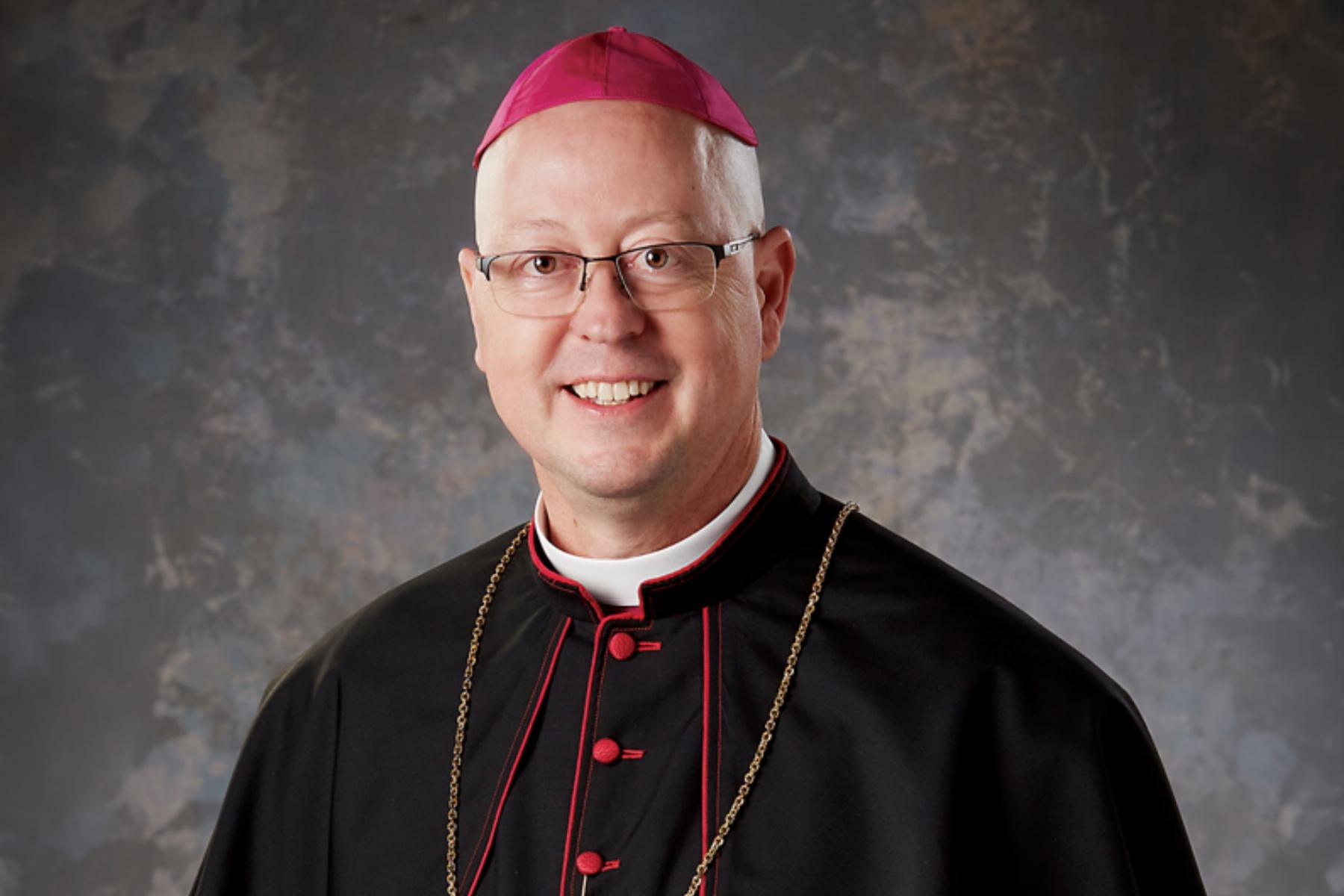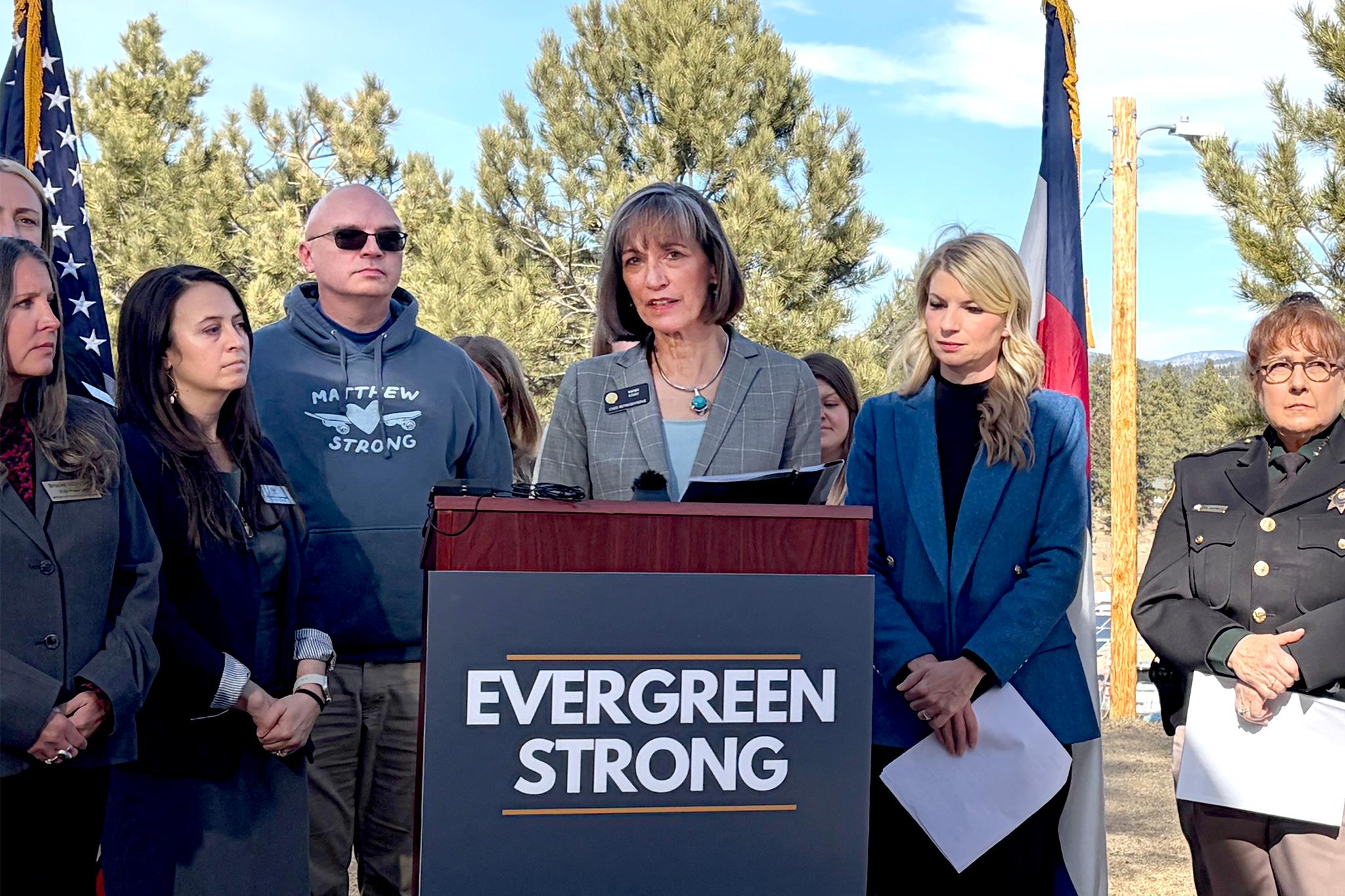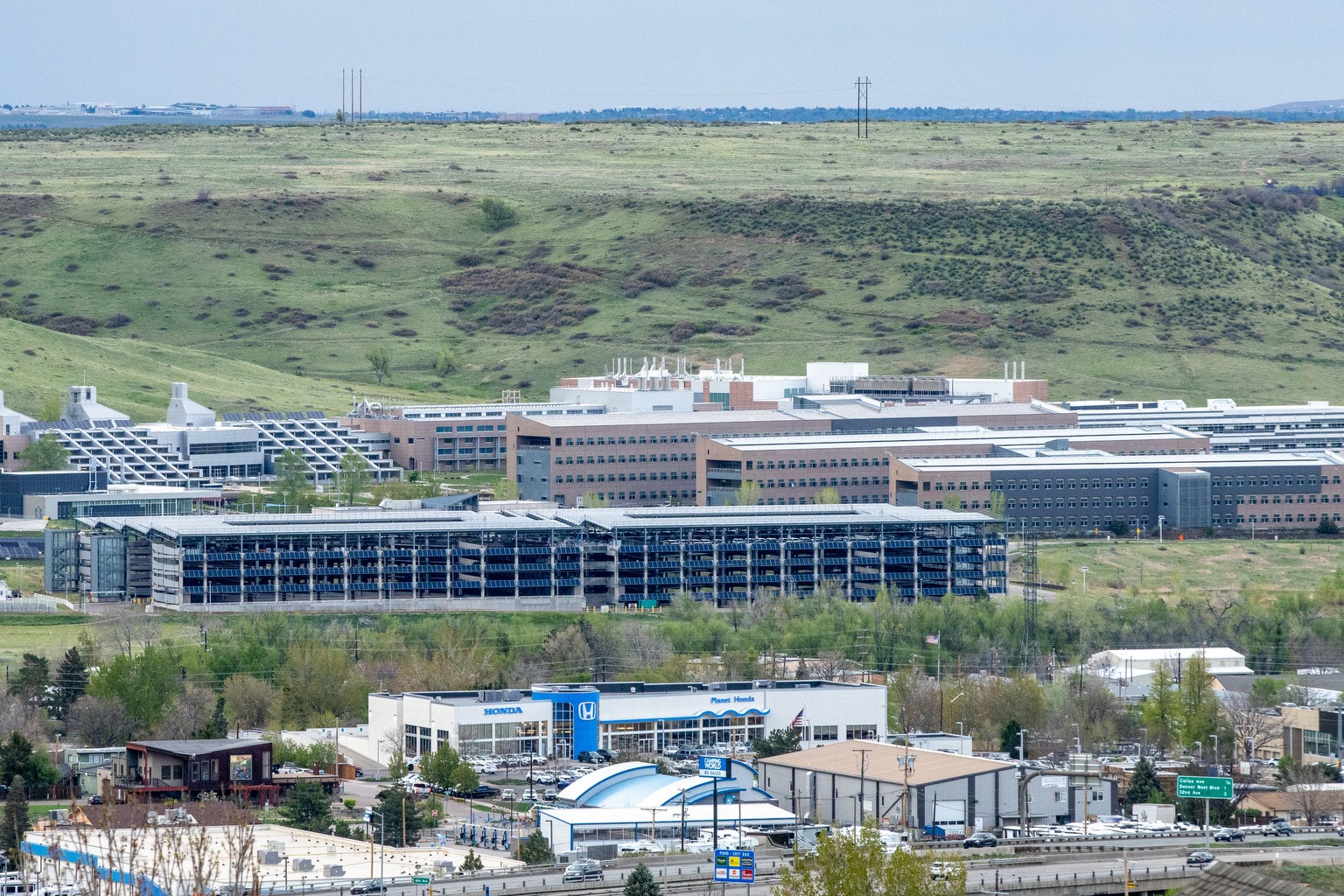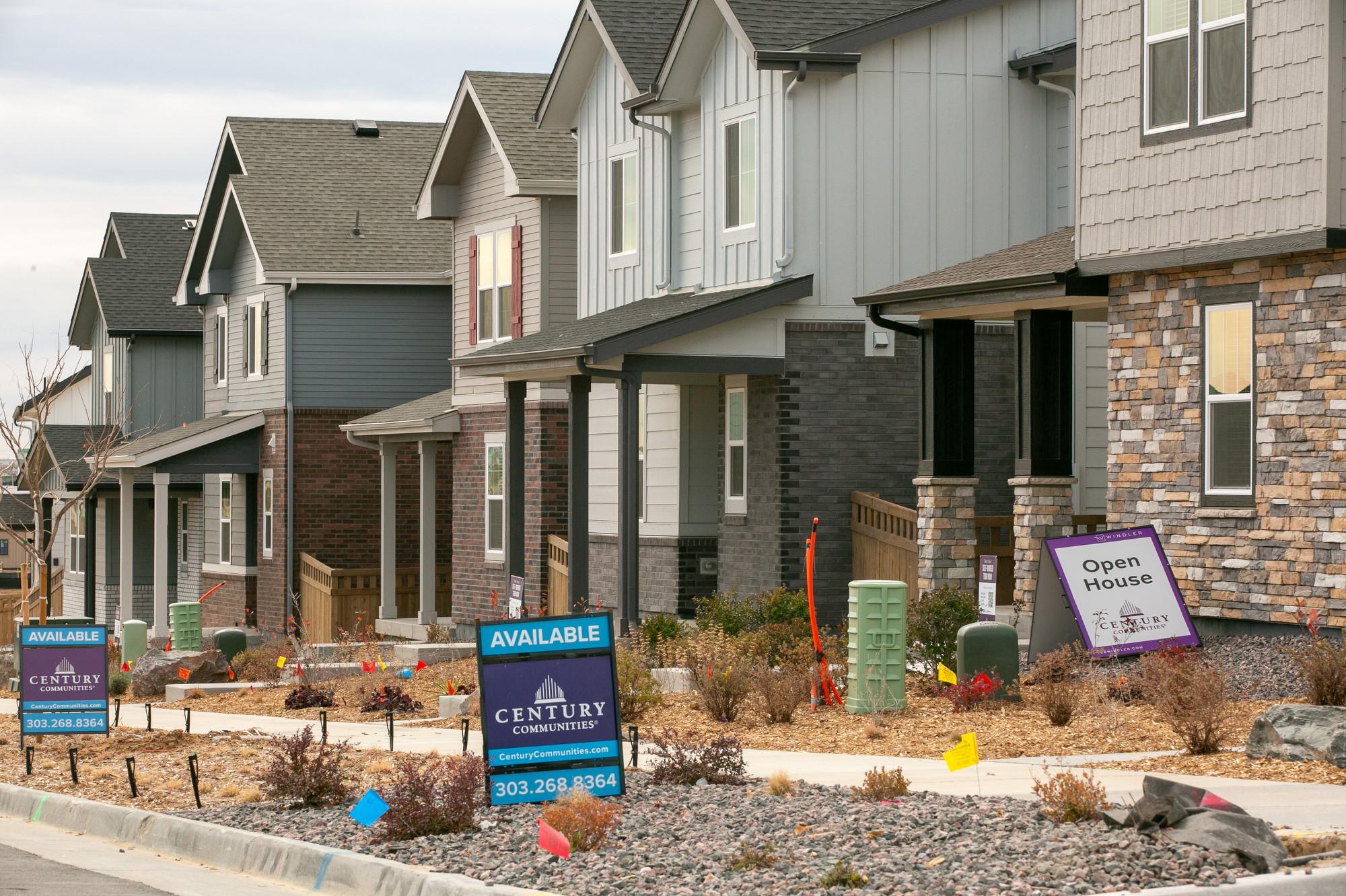On 9/11, all over Colorado, classroom teachers scrambled for how to react to the day’s horrifying events. In fact, they’re still trying to figure it out today. For one student, just watching how his veteran teacher responded that day would have a lasting impact on his own future. Here’s the transcript of CPR education reporter Jenny Brundin’s story.
Reporter Jenny Brundin: The morning of September 11, 2001, Kent Willmann was sitting in the teacher’s lounge at Silver Creek High School in Longmont. Suddenly, a teacher rushed in. One of the World Trade towers had been hit.
Kent Willmann: It was a brand new school, so they hadn’t even hooked up the televisions yet.
Reporter: Willmann called his wife. That’s when the first tower collapsed.
Willmann: I went home and got rabbit ears and hooked it up so we could watch.
Jake Cousins: I really remember sitting in front of a small, schoolishy TV, that was propped up on a chair.
Reporter: Jake Cousins was in Willmann’s social studies class. The 14-year-old bombarded his teacher with questions.
Cousins: Why did this happen, why would someone do this to us? What don’t we know more, why aren’t we doing more? And he was always answering the same way, he always said:
Willmann: Here’s what we know for sure, here’s what we’ve heard, here’s what we wonder about.
Cousins: He was absolutely willing to say, we don’t know. We don’t know but that’s OK and that was so memorable to me because it’s the first time I can remember seeing an adult who was completely lost, and not trying to hide the fact that things aren’t already and not trying to hide the fact that he doesn’t have all the answers. But he never gave in to panic; he never resorted to grasping for easy answers.
Reporter: Grasping for easy answers isn’t Kent Willmann’s style. Coaxing students to dig deep, explore and look for evidence defined his 31 years in the classroom. He’s now an instructor at the University of Colorado Boulder’s School of Education. Today, he’s teaching soon-to-be social studies teachers about how to tackle events like 9/11.
Willmann: What do you guys remember about 911?
Reporter: These students - school children at the time - had varied experiences. Some remember a bewildering announcement on the school loudspeaker, classmates being pulled out by parents, the worry on teachers’ faces. One watched it on TV in the school gym, until the towers started falling. Then teachers pulled the plug. Another young woman said it made her uncomfortable watching it with her classmates because it prompted derogatory remarks about Muslims, including from the teacher.
Student: You know just saying really derogatory things and I had to remember…
Willmann: Were the teachers doing this?
Student: Yeah it was the teacher who was really emotional and afterwards she apologized, but I had Muslim friends.
Reporter: She says her Muslim friends felt alienated after that. Willmann lets the students explore their own reflections, before drawing them back to how they’ll handle this as teachers themselves.
Willmann: In a government class it may come up as a policy question, in a history class it may come up as a comparison to other events like Pearl Harbor and things of that nature.
Reporter: He discusses how to plan lessons that will meet high school history standards. But students want something more. They want to know what to do with their emotions during a tragedy with few answers.
Student: I just don’t understand how you make yourself – as a teacher separate yourself from your students and make yourself available for questions when you have all the same questions as your students.
Willmann: I think you do what you described; you try to answer your own questions.
Reporter: Wlilmann tells them that’s their job, to help students ask questions.. To be factual. To make sure students from all backgrounds feel safe to talk about things.
Willmann: One of the things I’ve learned after having lots of different kinds of tragedies come through the classroom – Columbine or student deaths – is there’s going to be multiple kinds of reactions and that’s OK. Some kids will shut down and turn off, other kids will scream out loud, other kids will hurl bad language, but you have to let them know that they’re in a safe place and that this place will respect their views and as long as they’re relatively respectful themselves, and we can see where it takes us, we can learn from it.
Reporter:And that’s what made such an impression on Jake Cousins 10 years ago. How Willmann and another teacher let kids challenge, wander and vent as the class spent the rest of the semester piecing together meaning from the aftermath of the 9/11 attacks. Cousins, now 24, says the teachers coaxed the class into better understanding their world without letting them get too angry, always steering them to neutral ground.
Cousins: Most importantly without letting us feel insecure or unsupported. And that was the biggest thing, that students who disagreed radically on what we were doing in the aftermath, I think still felt equally safe and supported by those educators – and sounds simple to say, but is absolutely no small task.
Reporter: Cousins says he didn’t know it at the time, but
Cousins: The day the towers fell was the day I decided to become a teacher.
Reporter: I mention this to Willmann and his eyes moisten. He downplays his role but Cousins certainly doesn’t. It’s his first year teaching now. Social studies at West Denver Prep charter school. Students in his World History class are 12 and 13 years old. He realized as he prepared for his lesson tomorrow on 9/11 his students were just 2 or 3 at the time of the attacks.
Cousins: For the first time I had to grapple with, especially as a young teacher, these kids and I are on completely different pages when it comes to an absolutely monumental event.
Reporter:When Jake Cousins walks into his classroom tomorrow, he’ll try to answer his students’ questions with as much grace and honesty as Kent Willmann did.
[Photo: CPR/Jenny Brundin]









